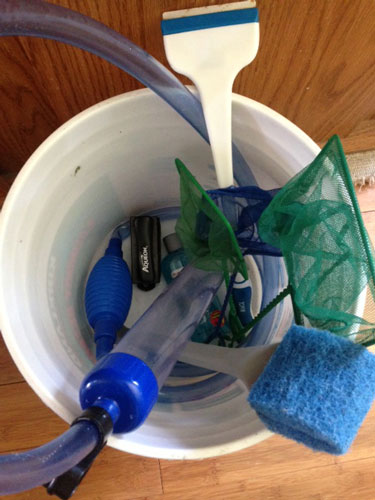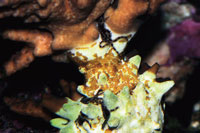In the human body, there are a number of organs that are arranged in systems in order to provide the body with different abilities. For example, the lungs and the trachea and nostrils all work together to allow for breathing as well as to transport oxygen to the blood. The nervous system is a setup of nerves that lead directly to the brain in order to relay messages to and front different parts of the body. The role of the liver is to help in the processing of different foods and toxins that accumulate in the body. While this might not sound as glamorous as other organs, without proper liver function, the body can experience fatal ramifications.
What is Liver Disease?
Liver disease occurs when the liver is not functioning properly. There are a number of reasons why this can happen: disease, cirrhosis, and physical damage. Sicknesses that begin to eat away at the cellular function in the body, like cancer, can begin to make it difficult for the liver to process things like cholesterol and toxins that a person might ingest. Liver cancer is one of the more lethal cancers that occur because the liver is such an important order. Cirrhosis of the liver that occurs because of disease or from years of heavy drinking causes the liver to harden and causes it to not be able to function properly as well. In the case of physical damage to the liver, it is sometimes not a permanent change in the liver function, but it can certainly cause troubles. The liver is, thankfully, the one organ that can regenerate itself, but it takes time to do so and can only happen when the patient is healthy.
When liver disease occurs, the body can begin to fill with toxins, much in the same way that kidney disease does the same thing. If the liver is unable to process cholesterol, the body's cholesterol levels will be very high and this can lead to damage for the heart and circulatory system.
What are the Treatments for Liver Disease?
Depending on the severity of the liver disease case, there are several treatment options that are available to patients. One of the first possibilities is to remove the diseased portion of the liver and to allow a new liver to grow back in its place. This kind of surgery sounds easy, but it still carries the same risks that other surgeries carry – i.e. risk of infection, death, complications, etc. In a healthy individual, this can be a permanent fix for the liver disease, however. Another option is to perform a liver transplant. This is when a liver from a donor is inserted in the patient after the diseased liver is removed. This is another risky surgery that can cause problems for both the donor and the recipient. The patient that receives the liver will need to change their life dramatically in order to ensure that they don't do any damage to their new liver. The patient will also need to be on anti-rejection drugs, possibly for life. These drugs can render their immune system weak and can lead to other problems.
Liver disease can sometimes be treated with drug therapies when the illness or cancer is too advanced, but these treatments are often just used as palliative care in terminal cases.
The best form of treatment for liver disease is prevention. Limiting the consumption of cholesterol, eating an overall balanced diet with produce, as well as drinking plenty of water to aid in digestion are all easy habits to start and to maintain. Another consideration is to limit the consumption of alcohol in order to prevent cirrhosis.
How Can Fish Oil Help Liver Disease?
In recent years, the usefulness of fish oil supplementation has been researched more fully. Because the fish oil supplement has already been linked with a reduction in inflammation in the body, it's no surprise that the supplement might also be able to help the body in the case of liver disease. By helping the liver to reduce the inflammation of the cells during disease, this can aid in the healing of the liver.
Studies in the UK as well as through the University of Pittsburgh in the United States are both giving promising results, though a larger sampling will need to be done in the future. These studies have shown that in cases of liver cancer where the patients have been given fish oil supplements, the growth of the liver cancer has been slowed in contrast with the control group. What's most fascinating about these studies is that results were seem within 48 hours of the administration of the fish oil.
Conclusion
Fish oil seems to be a good preventative measure in terms of dealing with current liver problems as well as preventing new ones. By taking fish oil supplements or adding two servings of fish a week to the diet, it's simple to ensure that the liver is still performing its duties.

 What to Keep in Your Aquarium Maintenance Bucket
It is too easy for hobbyists, especially new ones, to become
What to Keep in Your Aquarium Maintenance Bucket
It is too easy for hobbyists, especially new ones, to become
 Coral and Invertebrate Quarantine Procedures
Coral and Invertebrate Quarantine Procedures
 How to Get Rid of Cloudy Aquarium Water
Occasional cloudy water is an issue for nearly all aquarists
How to Get Rid of Cloudy Aquarium Water
Occasional cloudy water is an issue for nearly all aquarists
 Canister Filters
In this article we will deal with a type of filter that many
Canister Filters
In this article we will deal with a type of filter that many
 How to Maintain Your Aquarium Filter
Aquarium filtration saw monumental advances in technology du
How to Maintain Your Aquarium Filter
Aquarium filtration saw monumental advances in technology du